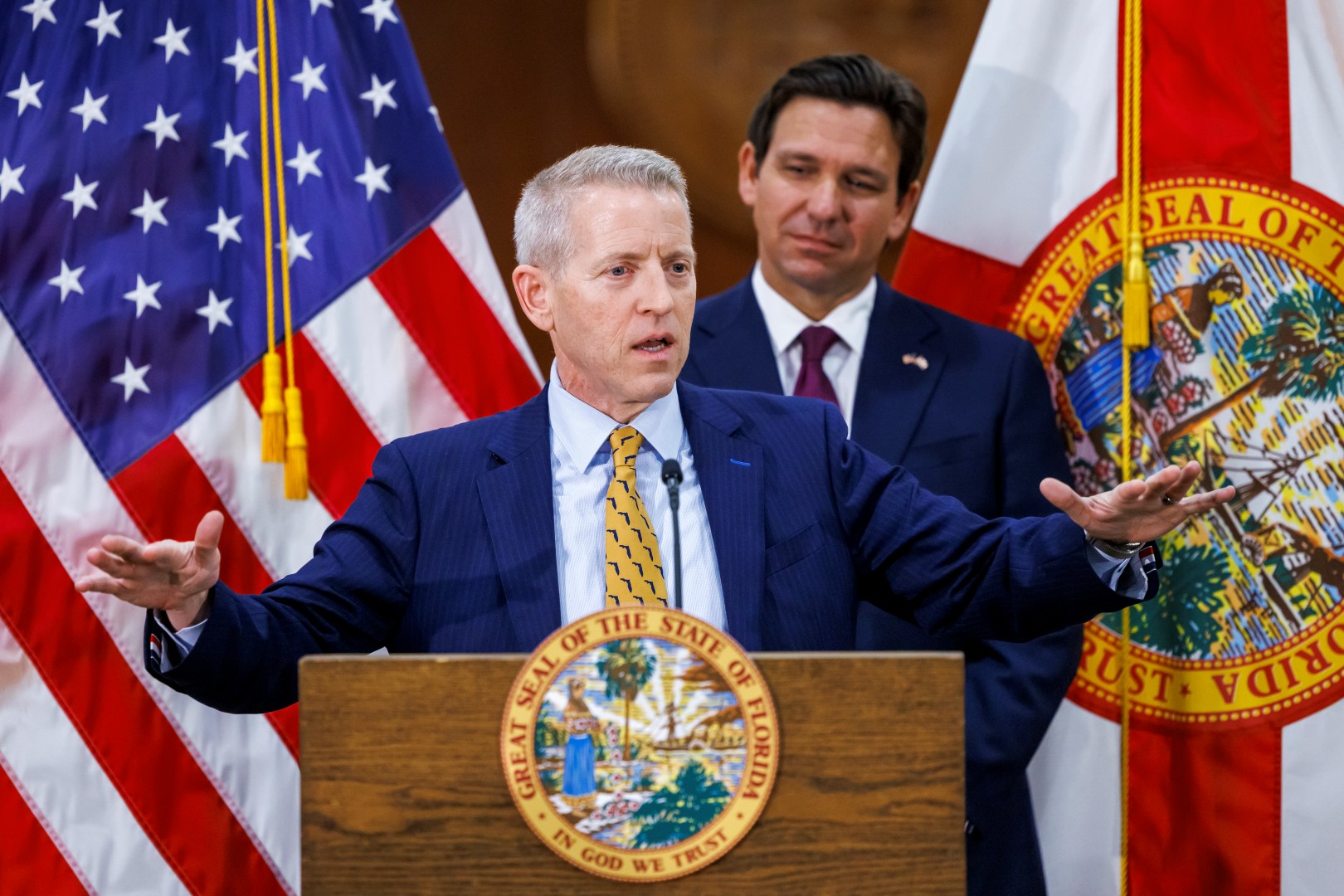For a decade, as a member of the Florida State Senate, I fought against overregulation.
After the passage of the REINS-style state law overhauling our state’s regulatory environment, I worked tirelessly to help usher in some of the major changes that have made our state a better place to live, work, and raise a family.
Now, as President Donald Trump begins his second term, I am proud to see a focus on overregulation take hold in Washington, D.C.
Shortly after the inauguration, Trump signed one of his most important executive orders: a regulatory freeze that halted further rulemaking pending an executive branch review. This was a key step in his deregulation agenda.
Included in the President’s regulatory freeze was a pause on any rulemaking currently underway at the Consumer Financial Protection Bureau (CFPB). This pause was especially necessary, because as other agencies had slowed down rulemaking at the end of the Joe Biden era, the CFPB sped up.
Originally formed in 2011, the CFPB has too often strayed from its stated mission of protecting consumers. Under the last administration, it served as a partisan rule-maker that functioned exclusively to help the Democrats. It opted to regulate by enforcement and exceeded its statutory authority, putting consumers and small businesses in harm’s way.
As the Biden administration prepared to leave office, the CFPB ignored the changing of the guard in pursuit of a left-wing agenda that was little more than an assault on small businesses and consumers.
Thankfully, Trump recognized the threat that former CFPB Director Rohit Chopra posed to the administration and fired him. Now, with new leadership in charge, it’s important that the lame-duck, partisan rulemaking be reviewed and repealed if necessary.
Under the last administration, the CFPB changed the rules of the game when it came to regulating financial institutions. Instead of establishing clear guidelines everyone could follow, the CFPB made rules on the spot and expected companies to comply. The agency adopted a dangerous precedent of regulation by enforcement, punishing institutions for not abiding by rules that the CFPB made up on the spot.
The CFPB’s overreach has created regulatory uncertainty for the institutions it oversees, including banks. The consequences of this uncertainty have trickled down to consumers and small businesses who have paid the ultimate price for overregulation. When financial institutions do not have clear rules of the road, they cannot operate as freely as they would like. Access to capital becomes more difficult than necessary and costs increase.
While most federal agencies slowed down once Trump won in November, the CFPB sped up and attempted to cement its partisan agenda. As the Trump administration was preparing to take over, the CFPB ushered through new regulations on credit card late fees, medical debt, and payment app oversight. All of these issues are outside of its jurisdiction. The rules were nothing more than partisan power grabs in the waning days of the Biden term.
Effective regulation requires clarity, consistency, and most importantly, accountability. The Biden CFPB failed on all fronts. The agency has acted as judge, juror, and executioner on a myriad of cases and hurt the very consumers and small business owners they swore to protect.
The American people deserve better. The last-minute rulemaking and agency actions need to be put under a microscope. In many cases, these partisan rules need to be repealed before they do any further harm.
Change is needed now to correct the misdeeds of the last several years.
___
Former Senator Jeff Brandes is the founder and president of the Florida Policy Project.
Post Views: 0

 Entertainment8 years ago
Entertainment8 years ago
 Entertainment8 years ago
Entertainment8 years ago
 Politics8 years ago
Politics8 years ago
 Tech8 years ago
Tech8 years ago
 Tech8 years ago
Tech8 years ago
 Tech8 years ago
Tech8 years ago
 Politics8 years ago
Politics8 years ago
 Tech8 years ago
Tech8 years ago











